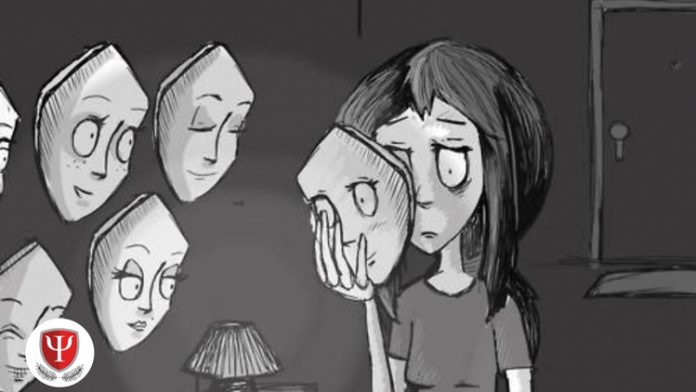Note:
If you guys are getting coupon expired or course is not free after opening the link, then it is due to the fact that course instructors provide only few hundreds or thousands of slots which get exhausted. So, try to enroll in the course as soon as it is posted in the channel. The Coupons may expire any time for instant notification follow telegram channel


Welcome to the course!!
This course is created by Iisha Garg under the guidance of Aman Varma who has undergone accredited course training in CBT practitioner, Diploma in Hypnotherapy, Mental Health Practitioner, NLP Specialist Practitioner, Diploma in Psychological Counseling and Diploma in Modern Applied Psychology.
In this course, you will learn everything about Schema Psychotherapy & Counseling for Borderline personality disorder (BPD). We will cover the basics as well as some advanced practices for counselling clients and treating their mental Issues.
In schema therapy, you’ll work with clients with BPD to uncover and understand their schemas, sometimes called early maladaptive schemas. Schemas are unhelpful patterns that some people develop if their emotional needs aren’t met as a child.
Borderline personality disorder (BPD) is a mental health disorder that impacts the way you think and feel about yourself and others, causing problems functioning in everyday life. It includes self-image issues, difficulty managing emotions and behaviour, and a pattern of unstable relationships. Borderline personality disorder usually begins in early adulthood. The condition seems to be worse in young adulthood and may gradually get better with age. An intense fear of abandonment, even going to extreme measures to avoid real or imagined separation or rejection. A pattern of unstable intense relationships, such as idealizing someone one moment and then suddenly believing the person doesn’t care enough or is cruel. Rapid changes in self-identity and self-image include shifting goals and values and seeing yourself as bad or as if you don’t exist at all. Impulsive and risky behaviour, such as gambling, reckless driving, unsafe sex, spending sprees, binge eating or drug abuse, or sabotaging success by suddenly quitting a good job or ending a positive relationship. These are a few symptoms of Borderline Personality Disorder.
Schema therapy is a newer type of therapy that combines elements of cognitive-behavioural therapy (CBT), psychoanalysis, attachment theory, and emotion-focused therapy, among others.
It’s an integrative approach that aims to treat personality disorders and other mental health concerns that don’t always respond to other treatment options. It can be particularly useful for treating borderline personality disorder.










![Passive Income: Create & Sell Online Courses [Full Course]](https://oyoads.in/wp-content/uploads/passive-income-create-sell-online-courses-full-course_661cb1a9a14ff-218x150.jpeg)
![AI for Business Strategy & Planning [Masterclass]](https://oyoads.in/wp-content/uploads/ai-for-business-strategy-planning-masterclass_661cb19898162-218x150.jpeg)











![[100% Free]Python Bootcamp 2020 Build 15 working Applications and Games (31.5 Hours)](https://oyoads.in/wp-content/uploads/2020/05/Python-Bootcamp-2020-Build-15-working-Applications-and-Games-1-100x70.jpg)

![[100% Free]Java Programming: Complete Beginner to Advanced](https://oyoads.in/wp-content/uploads/2020/05/IMG_20200519_054150_522-100x70.jpg)
